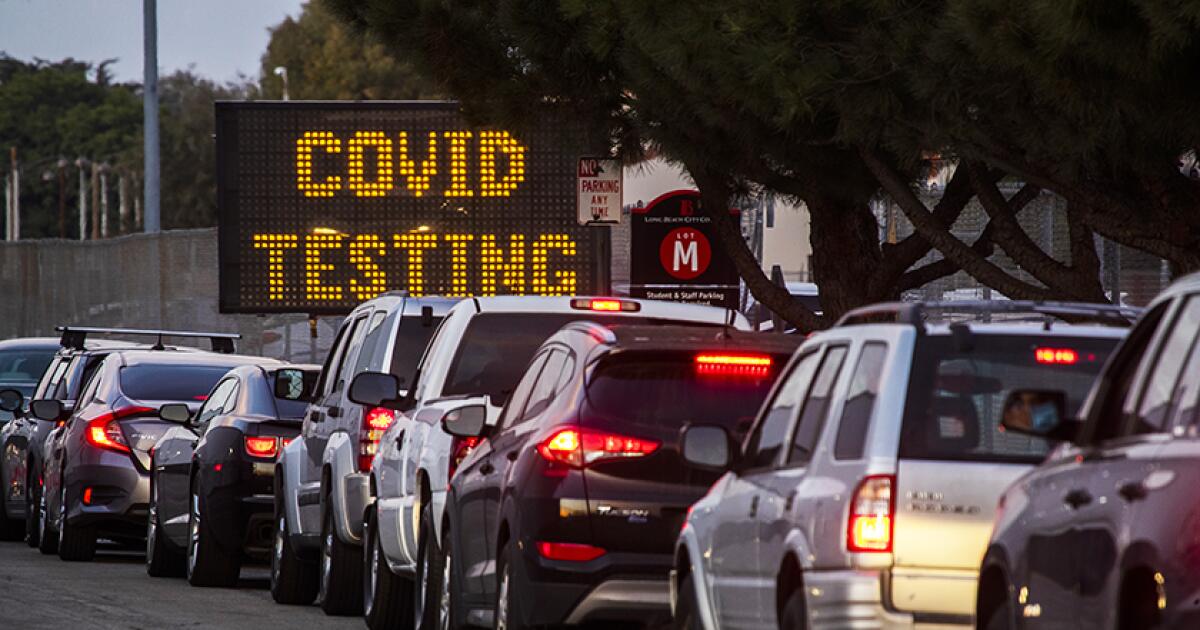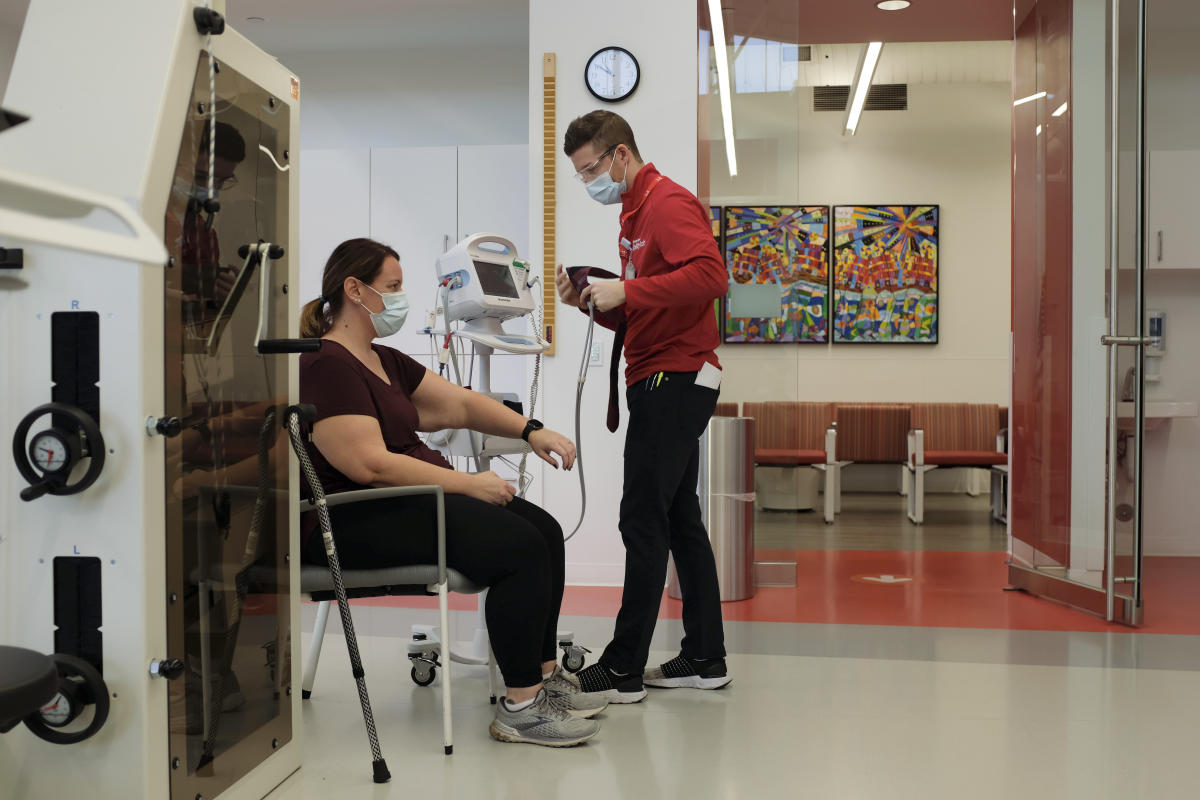
A new report from the National Academies of Sciences, Engineering and Medicine concludes that people do not need to have tested positive for COVID-19 to be considered for a diagnosis of long COVID. The report, which aims to summarize what is known about the condition, states that many individuals who were infected never received formal documentation of their illness due to limited testing availability or self-reported results not being reported to healthcare systems. The report also noted that sole reliance on a documented history of SARS-CoV-2 infection when diagnosing long COVID will miss individuals who have not been tested or whose test results were never reported. According to the report, nearly 18 million adults and nearly 1 million children in the United States have had long COVID at some point, with about 7% of adults currently affected. The condition can impact people across all demographics and is associated with a wide range of new or worsening health conditions that can last for months or years. Symptoms include brain fog, chronic fatigue, and decreased physical and cognitive function. People who were sick enough to be hospitalized from the coronavirus are two to three times as likely to develop long-term symptoms.

